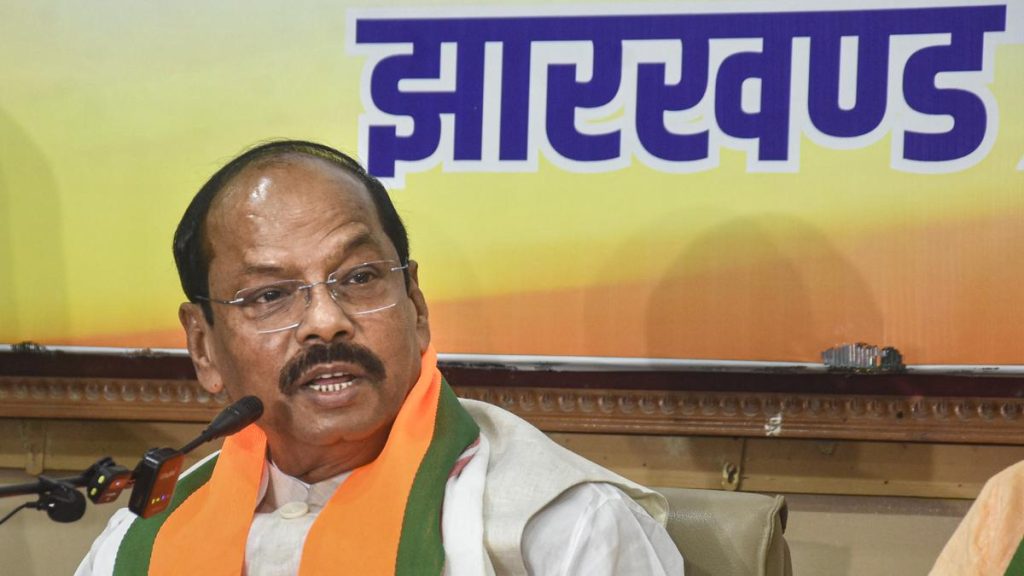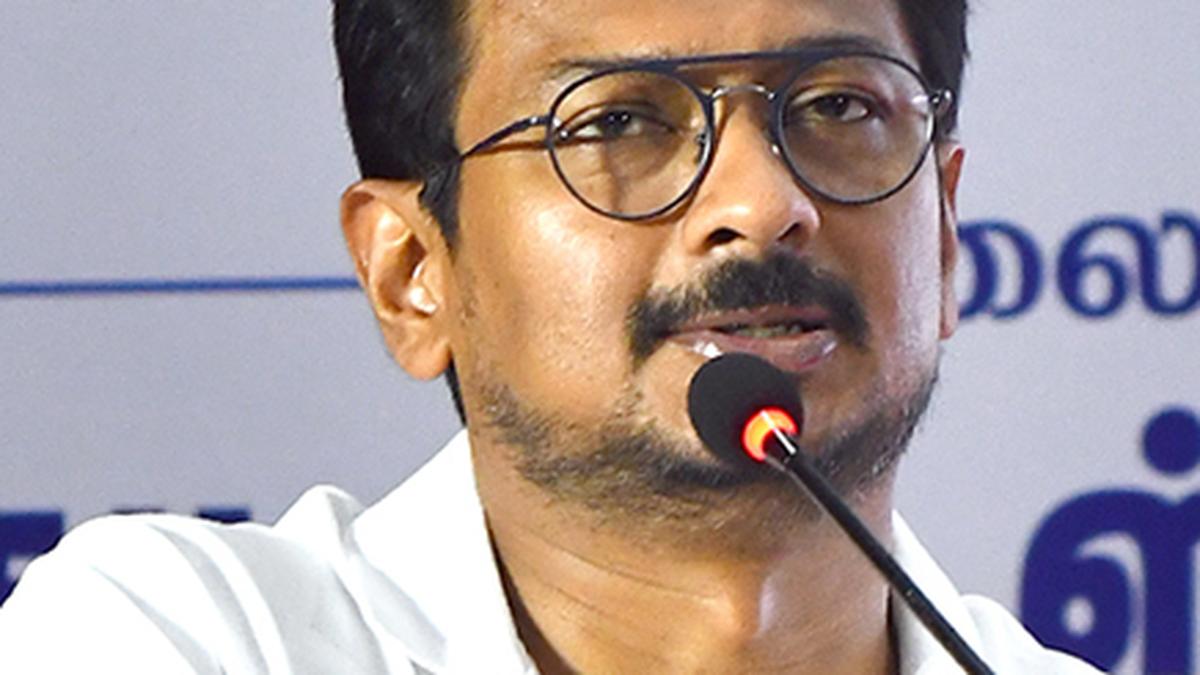Now Reading: Auto Drivers Rally in Ongole, Seek ₹30,000 Under ‘Vahana Mitra’ Scheme
-
01
Auto Drivers Rally in Ongole, Seek ₹30,000 Under ‘Vahana Mitra’ Scheme
Auto Drivers Rally in Ongole, Seek ₹30,000 Under ‘Vahana Mitra’ Scheme
Quick Summary
- Members of the All India Road Transport Workers Federation (AIRTWF), supported by Center of Indian Trade Unions (CITU), held an autorickshaw rally in Ongole on Wednesday to protest against the economic impact of Andhra Pradesh’s ‘Stree Shakti’ free bus travel scheme for women.
- AIRTWF Prakasam district general secretary, Gantanapalli Srinivasulu, expressed concerns over alternative employment opportunities and demanded financial aid under the ‘Vahana Mitra’ scheme, amounting to ₹30,000 per auto driver annually.
- Over 10 lakh people reportedly rely on autorickshaws as thier sole source of income after taking loans from private financiers. The burden is compounded by monthly vehicle instalments and educational expenses for their children.
- key demands included continuation of the previous government’s Vahana Mitra scheme, reduction in VAT on diesel and gas applied by both State and Central governments, withdrawal of G.O.No. 21 from 2019 due to increased fees and penalties, as well as granting interest-free loans up to ₹4 lakh for vehicle purchases.
- Protesters highlighted promises made during elections that are yet to be fulfilled.
Indian Opinion Analysis
The rally underscores a growing tension between progressive welfare schemes like ‘Stree Shakti’ intended to empower women through free bus travel and its unintended consequences on small-scale transport operators such as auto drivers. While this gender-focused initiative reflects social inclusiveness at scale,it also reveals gaps in policy-making where micro-level livelihood dependencies are perhaps overlooked.
The demands presented-continuation of subsidies like ‘Vahana Mitra,’ reduction in costs related to diesel/gas usage, rollback of excessive fees under G.O. No. 21-offer a blueprint for balancing targeted welfare efforts with lasting job support mechanisms.However, meeting these expectations will require state-level resources amidst broader fiscal constraints.
This development opens notable discourse around ensuring inclusivity across economic classes while implementing transformative societal policies-a critical area for policymakers striving toward equitable governance models.
read more at: The Hindu
























